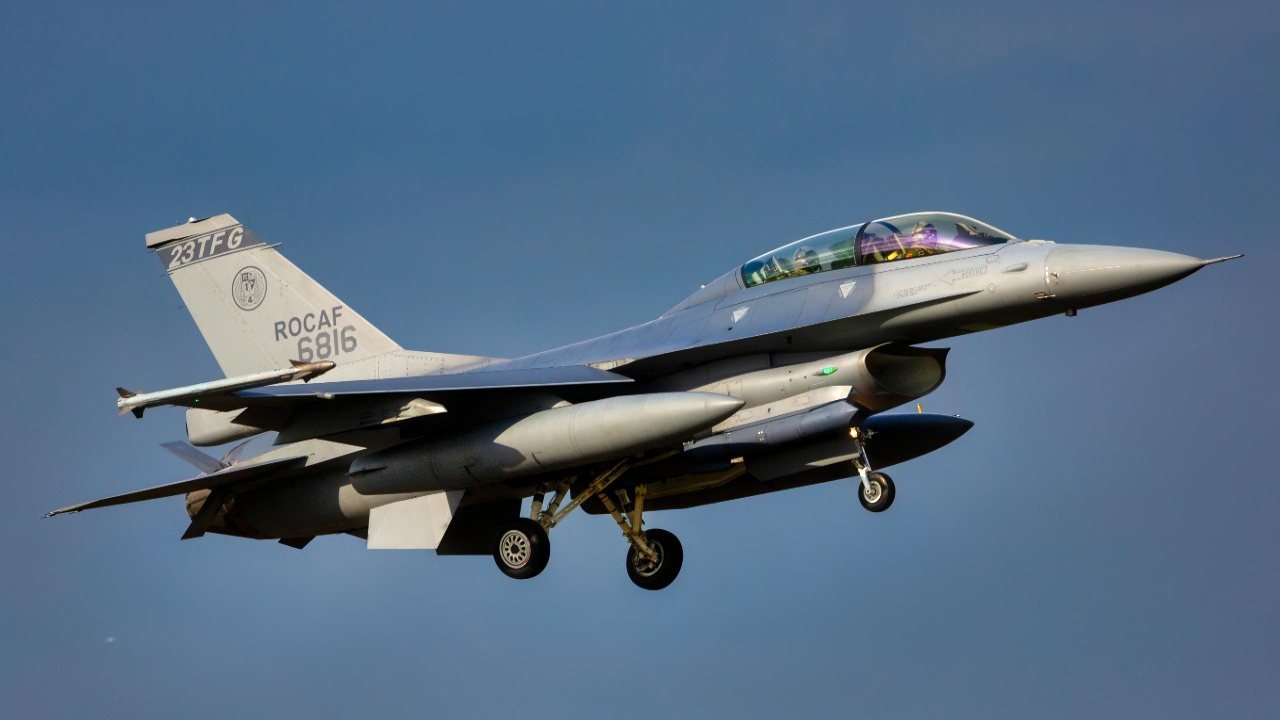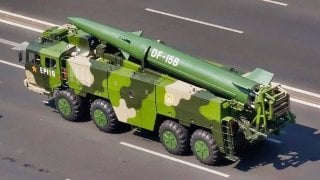Will China Invade Taiwan This Summer?
Watching the constant harassment of Taiwan by an increasingly assertive and provocative China, as well as increased media attention on the China-Taiwan dynamic, one may be concerned that an invasion of Taiwan is imminent – perhaps later this year. All that being said, China is probably not going to invade Taiwan in the summer of 2024.
Watching the constant harassment of Taiwan by an increasingly assertive and provocative China, as well as increased media attention on the China-Taiwan dynamic, one may be concerned that an invasion of Taiwan is imminent – perhaps later this year. All that being said, China is probably not going to invade Taiwan in the summer of 2024.
It’s not that China does not have coercive and incorporative designs regarding their island neighbor across the strait – on the contrary, they do. And it’s not that a conventional attack via military force is not completely out of the question – it certainly could happen, and many of the foundational concerns for such a scenario to materialize do exist. It’s that the window for China to conduct an all-out, combined arms invasion of Taiwan this year is closing quickly. A few strategic issues, contextual observations, and thoughts might be worth considering.
At a base level, before we consider whether or not China will attack Taiwan, we must first ask if China can achieve what it wants to achieve in Taiwan without resorting to martial action. This is the core driver of whether they launch an attack or not. Can China get what it wants in Taiwan without a military offensive? We also must consider other related issues. Is it too costly for China to invade or is it too costly to play a longer game in order to attain their goals? And what timeframes are acceptable to China if they wait for a non-martial approach and what are the risk factors for each?
We don’t have complete answers to many of these questions now and it isn’t likely that we have concrete insights into the risk versus reward calculus of President Xi and the Chinese Communist Party. But from what we do know about China and Taiwan currently – particularly in the context of other global developments – a kinetic assault on Taiwan in the immediate future seems less than likely, for a number of economic and military reasons.
One – China is eyeing both the Russia-Ukraine war, the ongoing (and possibly widening) war in Israel and Gaza and they are weighing the benefits and costs of a strike on Taiwan against other determining factors that impact all of these conflicts. These other factors cover everything from how much the U.S. is prepared to keep supporting its allies, a quickly looming U.S. presidential election with a chance of executive change in November, and larger long-term geopolitical concerns for China that would be affected by an invasion, to name a few. Frankly, if China were serious about invading before a U.S. presidential election – to attack while the U.S. seems preoccupied this summer – it would have to start pre-invasion preparations fairly soon, given the scope of what a conventional invasion would require. On all questions, China has a lot to consider and a short time to do it.
Two – While there are concerns regarding how despotic regions often project via foreign engagement to distract and rally dissatisfied populations (an old trick, and China is certainly dealing with internal economic and demographic challenges that might give way to starting a war abroad) conventional invasion carries a lot of downside risk. As China’s economy stutters, and it increasingly relies on manufacturing and exports, it needs the world community to purchase the products it makes…and that includes the U.S. One must ask, “Would China gain or lose more economically by launching an invasion that would be sure to upend the entire world economy and possibly start a global war?”
Three – A wide spectrum of military factors suggest that China may not be ready to launch an attack this year. While China’s military capabilities have been advancing rapidly, a full-bore invasion of Taiwan would be a colossal undertaking that – even if short in time duration – would still require significant logistics, commitment, contingency planning, and materiel support.
China’s military certainly dwarfs that of Taiwan’s…but any complication that prolongs a Chinese offensive – like, say, a stout resistance in the hills and cities once Chinese troops are on Taiwanese soil – would only mean more materiel, soldiers, patience, blood, and treasure over time. Does China really have the capability to support major, extended high-intensity combat operations over considerable periods of time – especially in the face of what could be major aligned resistance and counterforces? In 2023, the Center for Strategic and International Studies (CSIS) conducted intense wargaming scenarios regarding a China-Taiwan war – and the ultimate conclusion was that even with considerable losses of U.S., Japanese, and Taiwanese assets, in most scenarios China would not prevail.

Of course, China does have the advantage of close geography and lots of troops to throw at the effort. But a Chinese attack on Taiwan could require a complex combined arms effort, with all elements of national power dedicated to the objective: airborne troops landing in the interior, amphibious landings on Taiwan’s limited beachheads, a sustained air campaign, a major cyber-attack to disable C2 and civilian infrastructure, and a serious naval blockade to squeeze Taiwan’s economy. But is China actually ready to do this in the next three to six months?
Finally – While the Chinese think long-term and have continued to shore up global support for the idea of “One China,” the Taiwanese also get a vote on their future. And while there have been concerns about the capability and readiness of Taiwanese defense forces, there are indications that Taiwan is getting serious about defending its sovereignty. The recent election of Lai Ching-te for President, and growing interest in preparedness among Taiwanese citizens are possible indicators of a stiffening national identity and security resolve.
While anything is certainly possible, the challenges posed by China probably remain a concern over a longer time horizon. China clearly makes no bones about its desires regarding Taiwan, and at some point, they may feel the need to act. It is for these uncertainties and unanswered questions that our own vigilance, attention, and preparation on the China-Taiwan dynamic must not falter.
About the Author
Miguel Alejandro Laborde is a former NCO in the 160th SOAR (A), and a subject matter expert on defense aviation programs, capabilities, and platforms, with decades’ worth of experience in the aerospace industry supporting the joint force.
This article was first published by RealClearDefense.


